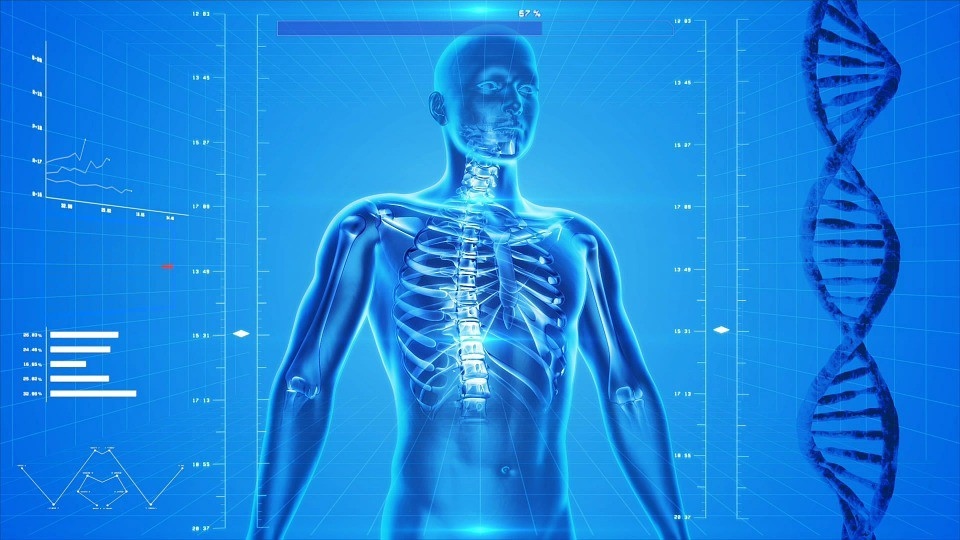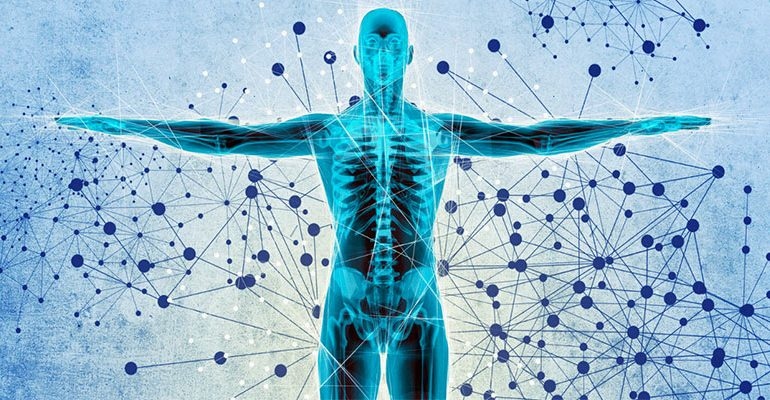Comments
- No comments found

Personalized and precision medicine represent a paradigm shift in healthcare.
They move away from the traditional "one-size-fits-all" approach to more tailored treatment strategies that consider individual differences in patients' genetics, environments, and lifestyles.These approaches are transforming how diseases are diagnosed, treated, and prevented, offering the potential for more effective and targeted therapies. Several key techniques are driving this revolution in personalized and precision medicine, including genomics, pharmacogenomics, biomarkers, advanced imaging, data analytics, and stem cell therapy.

At the heart of personalized medicine is the use of genomics and genetic sequencing. Genomics involves the study of an individual's entire genetic makeup, or genome, to understand how variations in DNA contribute to disease and health. Next-generation sequencing (NGS) technologies have enabled the quick and cost-effective sequencing of entire genomes, providing a thorough understanding of genetic factors that might predispose individuals to specific diseases or influence their response to treatments.
Genetic sequencing is crucial in identifying mutations that may lead to cancer, cardiovascular diseases, or rare genetic disorders. By understanding these mutations, healthcare providers can develop personalized treatment plans that target the specific genetic drivers of a patient’s disease, improving the effectiveness of interventions and minimizing side effects.
Pharmacogenomics examines how a person’s genetic makeup affects their response to medications. This field is fundamental to precision medicine, as it allows for the customization of drug therapies based on a patient’s genetic profile. By assessing genetic variations that influence drug metabolism, effectiveness, and potential toxicity, clinicians can choose the most suitable medications and dosages for each individual, minimizing the risk of adverse reactions and enhancing treatment outcomes.
For example, in cancer treatment, pharmacogenomic testing can help determine which chemotherapy drugs are most likely to be effective for a particular patient, based on their genetic profile. This approach not only enhances the likelihood of treatment success but also spares patients from the side effects of ineffective therapies.
Biomarkers are biological molecules that can be measured to indicate a normal or abnormal process, or a response to a therapeutic intervention. In personalized and precision medicine, biomarkers play a critical role in diagnosing diseases, predicting disease progression, and monitoring treatment responses. The identification and use of specific biomarkers allow for the early detection of diseases, sometimes even before symptoms appear, and help in tailoring treatment plans to the individual patient’s needs.
For instance, in oncology, biomarkers such as HER2 in breast cancer or EGFR mutations in lung cancer guide the use of targeted therapies, ensuring that patients receive treatments that are most likely to be effective for their specific type of cancer.
Stem cell therapy is a groundbreaking technique in personalized and precision medicine. In the context of personalized medicine, stem cells can be harvested from a patient, expanded, and then reintroduced to repair or replace damaged tissues, offering a highly individualized treatment option.
For instance, in the treatment of neurodegenerative diseases or cardiac conditions, stem cells can be used to regenerate damaged neurons or heart tissue, respectively, potentially restoring function and improving the patient’s quality of life. The ability to tailor stem cell treatments to an individual’s specific condition and genetic makeup makes this approach a powerful tool in the future of medicine.

Advanced imaging techniques, like functional MRI (fMRI) and positron emission tomography (PET), are essential components of precision medicine. These technologies offer detailed visualizations of the body's internal structures and can detect changes at the molecular and cellular levels. In personalized medicine, advanced imaging is used to diagnose conditions more accurately, assess the effectiveness of treatments, and monitor disease progression in real-time.
For example, in neurology, fMRI can be used to study brain activity and help identify the most effective treatment approaches for patients with conditions like epilepsy or psychiatric disorders. In oncology, PET scans are used to detect cancerous tissues and assess how well a tumor is responding to treatment.
Personalized and precision medicine are rapidly advancing fields that offer the promise of more effective, tailored healthcare. By utilizing techniques such as genomics, pharmacogenomics, biomarkers, advanced imaging, stem cell therapy, and data analytics, healthcare providers can create treatments tailored to individual patients, enhancing outcomes and minimizing the risk of adverse effects. As these techniques continue to evolve, they will play an increasingly important role in the future of medicine, leading to more personalized, precise, and effective healthcare solutions.
Leave your comments
Post comment as a guest